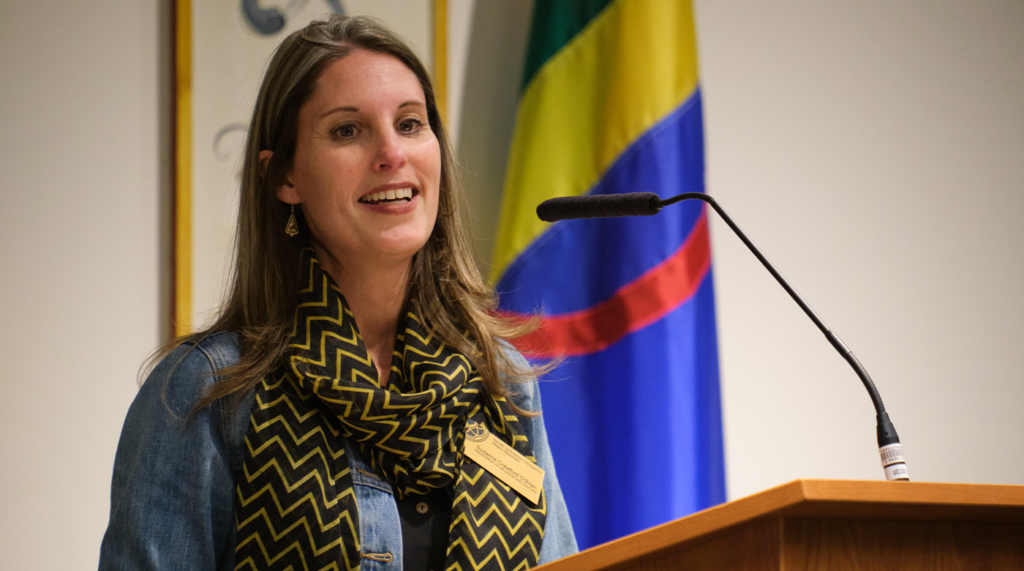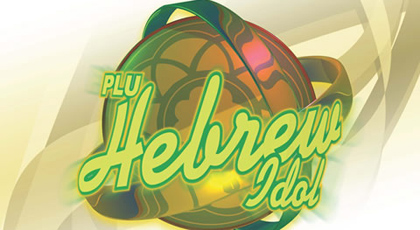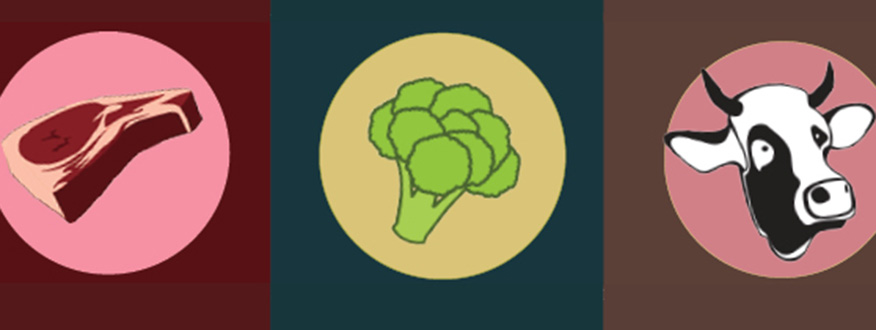Page 75 • (3,614 results in 0.017 seconds)
-

year really motivated both students and faculty, and we were able to bring that motivation into the classroom through applied projects. Faculty were able to bring these issues into discussions of literature, history, philosophy, ethics, and environmental equity. How have faculty, staff and students responded to that challenge? I’m continually amazed at how my colleagues pivoted so quickly to online classrooms, how they spent the entire summer learning very different kinds of pedagogies and
-

think the value of literature and writing is even more paramount as we move forward, because it’s acting as kind of a resistance to forces in our culture that want to reduce or simplify experience,” Barot said. “What literature does is restore complexity to the things that people feel and do and think, and celebrate complex emotional, social, intellectual experiences.” As for the future of the Rainier Writing Workshop, Barot looks backward and forward, always with the founders’ vision—and
-

Two PLU students spend the summer reading the stars Physic professors Katrina Hay and Sean O’Neill and students Julian Kop ’24 and Jessica Ordaz ’24 observe and characterize variable stars and globular clusters at PLU’s W. M. Keck Observatory. Posted by: mhines / August 28, 2023 Image: As part of their summer research at PLU, physics professors Sean O’Neill and Katrina Hay, and student researchers Julian Kop (pictured) and Jessica Ordaz utilize the specialized telescope at the W. M. Keck
-
of Kansas in 1981, with a major in special education and a minor in language development. He joined the PLU faculty in 1981 and since 1994 has held the rank of professor. Reisberg has contributed to the literature in special education by focusing on topics that can positively impact the lives of students with academic and behavior difficulties, among them classroom management, technology-based instructional methods, and para-educator training. He has held many roles in the School of Education and
-

April 6, 2014 New Series of Hebrew Idol Premieres—Your Vote Counts! By Shunying Wang ’15 The new PLU Hebrew Idol season is here, with another group of talented Lutes. And, just as with its inspiration, American Idol, it’s up to voters to determine the winner. Hebrew Idol is a microfilm competition series organized by Religion Professor Antonios Finitsis. Students in his introductory course on the Hebrew Bible—Religion and Literature of the Hebrew Bible—are required to apply their
-

University. The debate season continues at the United States Universities Western Regionals Championships March 25-27, 2017, hosted at Pacific Lutheran University. For more information, visit http://www.forensicstournament.net/WesternUSU/17.About the T.O.H. Karl Forensics ForumT.O.H. Karl Forensics Forum’s mission is to provide undergraduate students a democratic laboratory to craft and test arguments, explore new literature, hone critical reasoning, practice public speaking, and develop leadership
-

intentional about it,” he said. He wanted the logo to incorporate a few PLU specific elements. First, rather than the American Idol-esque purple they went with gold, and then green to highlight the Green Dot campaign that PLU is participating in and finally the Rose Window, which was recently refurbished and installed. Hebrew Idol is a video project for Religion 211 – Religion and Literature in the Hebrew Bible. Students produce their own interpretations of biblical stories, putting anything from a
-
March 7, 2008 Vote for the first Hebrew Idol In another PLU twist on Fox’s popular singing series “American Idol,” assistant religion professor Tony Finitsis is bringing “Hebrew Idol 2008” to campus. The event stems from the final project in his “Religion and Literature of the Old Testament” course. In groups, students are asked to reflect on the contemporary relevance of the Hebrew Bible and re-tell a biblical story set in modern times. In the past, students wrote papers, created PowerPoint
-

the study of art history, literature and philosophy from the Ancient Greeks to more contemporary sources. The 12-week course will be offered free of charge to participants, who do not have to be PLU students — the wider Tacoma veteran community is encouraged to take part, regardless of discharge status. Participants will meet for class twice a week, and books, child care and transportation assistance will be provided at no cost. “We are deeply appreciative of the National Endowment for the
-

society. “This is an excellent opportunity to have public discussion about human consumption of animal flesh, a critically important ethical question that impacts all of our lives. It is also a wonderful and unique set-up for a debate where I have the chance to both partner with and learn alongside undergraduate students,” Emmerman said. Dr. Michael Schleeter is an Assistant Professor at PLU with a B.A. in Philosophy, Comparative Literature, and Biology from the University of Minnesota and a Ph.D. in
Do you have any feedback for us? If so, feel free to use our Feedback Form.


